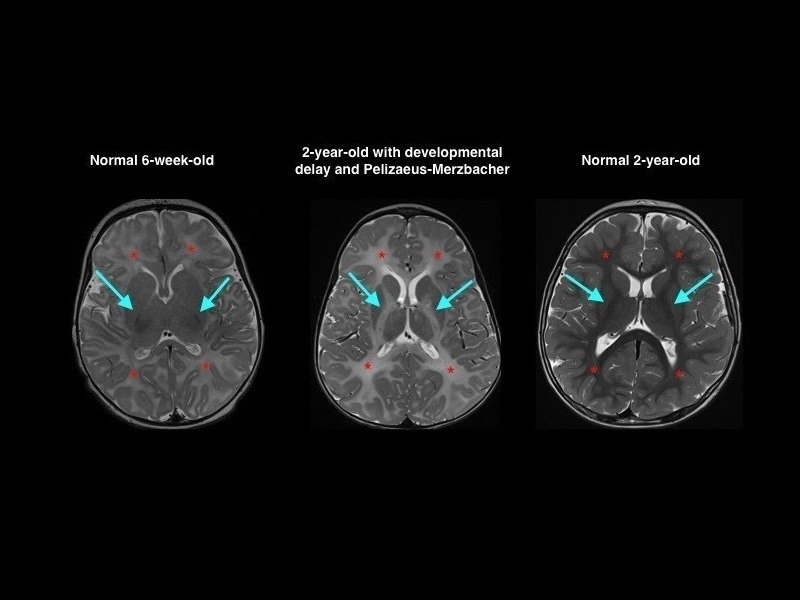
Boston Children’s Hospital and GE Healthcare has formed a joint venture to develop and commercialize digital health tools to advance the diagnosis and treatment of specific childhood brain diseases. The first project of the collaboration involves developing an app that will improve diagnostic accuracy in pediatric brain scans by providing real-time contextual information at the time and place the radiologist needs it.
As part of the collaboration, both organizations will leverage GE Health Cloud and the clinical knowledge of radiologists at Boston Children’s, the two organizations are working to develop a decision support platform that is intended to help distinguish the large variability in brain MRI scans. The new platform is expected to come pre-loaded with normative reference scans from young children of different ages for doctors worldwide to use as a benchmark when reading scans of pediatric patients.
Every day, tens of thousands of children undergo medical imaging. At Boston Children’s alone, nearly 1,000 imaging studies are performed each day. For general radiologists and pediatric imagers alike, the rapid changes in the body that occur as part of normal childhood development can pose challenges to accurately differentiate normal from abnormal. Keeping up with the ever-growing litany of specific diagnoses can frustrate even the most experienced of radiologists.
“Pediatric brain scans of children under the age of four can be particularly tricky to read because the brain is rapidly developing during this period of childhood,” said Sanjay Prabhu, MBBS, pediatric neuroradiologist at Boston Children’s. “Since pediatric neuroradiologists are very scarce, we approached GE Healthcare to collaborate on the development of digital tools to help physicians of varying expertise read the scans.”
During infancy and childhood, complicated disorders, especially when affecting the brain symmetrically, may be misinterpreted as normal brain maturation. Conversely, normal expected developmental changes are sometimes misinterpreted as pathologic leading to unnecessary follow-on imaging or other diagnostic tests, which can be expensive, stressful and inconvenient to the child and family.
This first project with Boston Children’s is part of GE Healthcare’s overall goal of creating a deep learning library and plans to have hundreds of apps in the GE Health Cloud focused on a variety of diseases to transform healthcare by 2020, according to Charles Koontz, chief digital officer, GE Healthcare.
